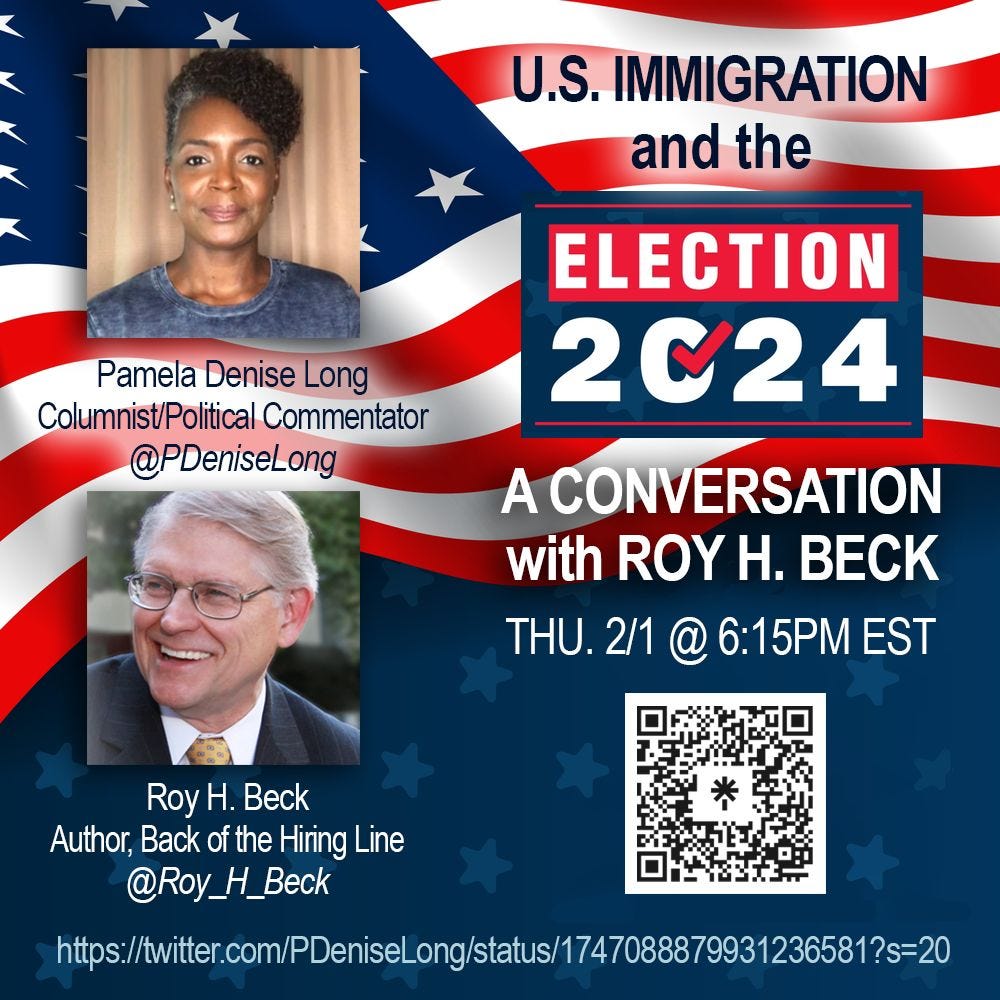National Debate: Lineage vs Race based Reparations in St. Louis
Navigating the Reparations Debate from St. Louis to the East Coast
In the wake of an era marked by a contentious election, reduced districts, and diminished representation, the debate surrounding reparations has gained momentum in various cities across the United States. St. Louis, Detroit, New York, and Boston are among the over 100 cities that have established reparations commissions, delving into the complex issues surrounding lineage-based reparations. This article will explore the dynamics of this debate, focusing on St. Louis as a microcosm of the broader national conversation.
St. Louis and the Surplus
In January 2023, St. Louis found itself in an unusual position with a $37 million surplus. However, instead of investing in traditional avenues, such as tax paying citizens the surplus was spent on immigrants, both legal and illegal. This decision highlighted the city's commitment to addressing issues related to immigration but also stirred controversy and added fuel to the ongoing reparations debate. This surplus paralleled a similar situation in Illinois. The Illinois Governor spent the state’s surplus on newly arrived immigrants instead of citizens. Its an action that has started raising eyebrows and prompting discussions about how the government allocates funds.
The Role of White Immigrants
To understand the roots of the reparations debate, it is essential to acknowledge the historical context. Irish, Polish, and Jewish immigrants, among others, played a pivotal role in shaping the illogical system of race. The Irish, Polish, and Jewish white immigrants contributed significantly to the nation's development of structures of control across ten key areas of human interaction: economics, education, entertainment, labor, law, politics, religion, sex, war/counter-war, and health.
The Golden Era and the Subsequent Decline
The golden era for Black American prosperity seems to be the period from 1941 to 1984. However, post-1984, the landscape changed significantly, witnessing the emergence of challenges such as drug epidemics, gang violence, the proliferation of pornography, homelessness, an influx of undocumented immigrants, and skyrocketing housing costs. Some argue that America has become a global dumping ground, grappling with numerous societal issues that have strained the fabric of its communities.
The Reparations Dilemma
Despite challenges, the question of reparations has gained prominence. Advocates argue that reparations are necessary to address historical injustices, acknowledging the role played by past generations in shaping the contemporary socio-economic landscape. However, opponents contend that focusing on lineage rather than individual needs perpetuates racial divisions and inequality.
Entrepreneurship in Decline
John Dearie, Founder and President of the Center for American Entrepreneurship, sheds light on another facet of the reparations debate – the decline of entrepreneurship. Over the past four decades, entrepreneurship in the United States has seen a decline, influencing who receives funding and shaping economic policies. Nonpartisan research has revealed a decrease in the number of entrepreneurs since the 1940s, indicating a potential link between economic opportunities and the broader conversation surrounding reparations.
Conclusion
The lineage vs. race reparations debate is multifaceted, with St. Louis serving as a microcosm of a national discourse grappling with historical injustices, economic disparities, and societal challenges. As reparations commissions across the country navigate these complexities, the path forward involves a delicate balance between acknowledging past wrongs and fostering a more equitable future for all Americans.
Get involved in the St. Louis Reparations Commission meetings streamed live on YouTube. Watch as hundreds chat on YouTube live during the meeting on January 31, 2024.
More information
City of St. Louis: https://www.stlouis-mo.gov
Board of Aldermen https://www.stlouis-mo.gov/government...





Thank You Brooke S. Sinclair